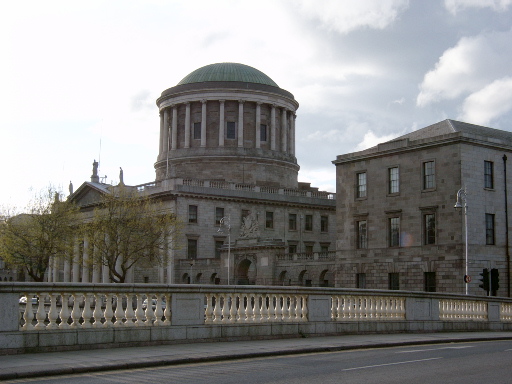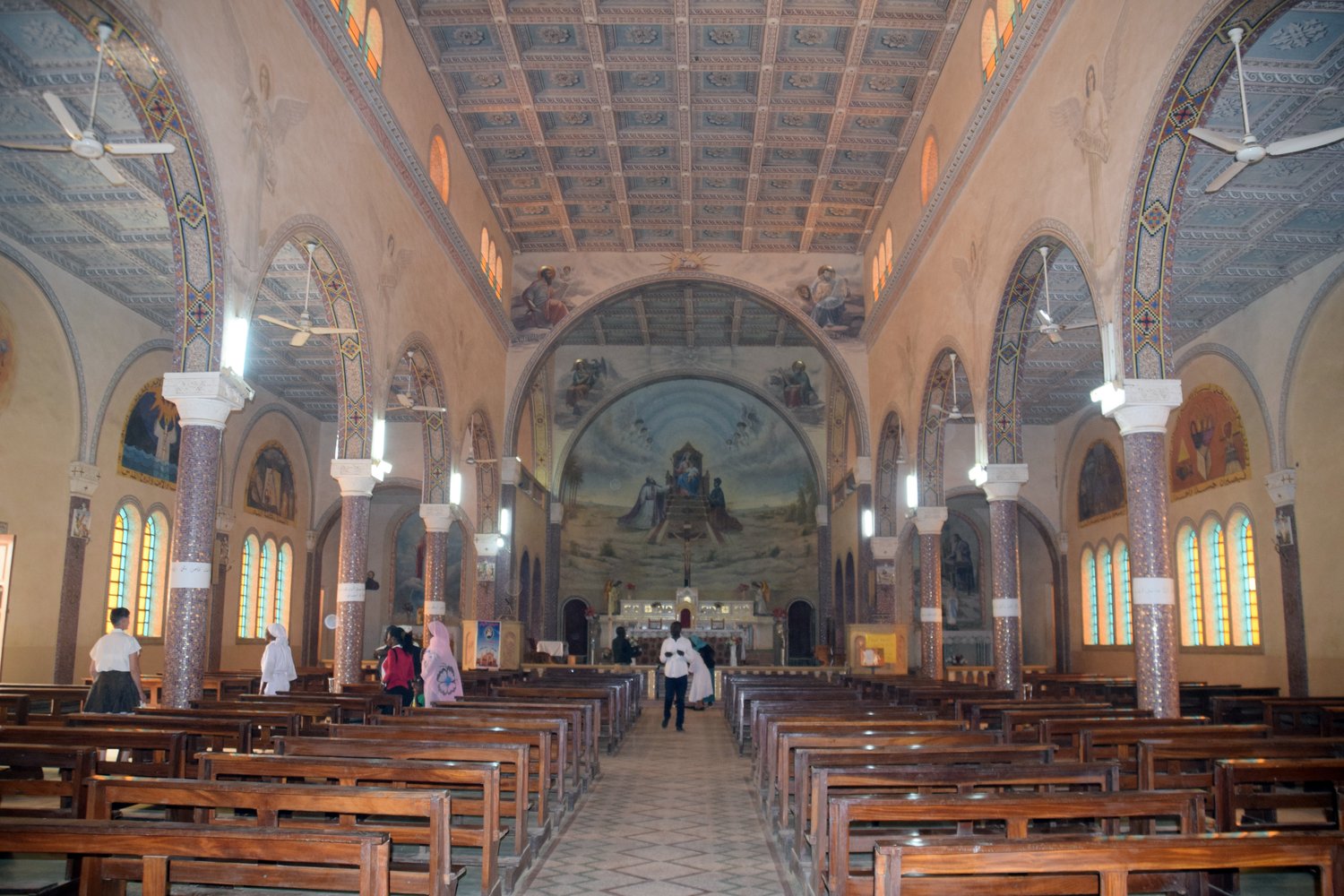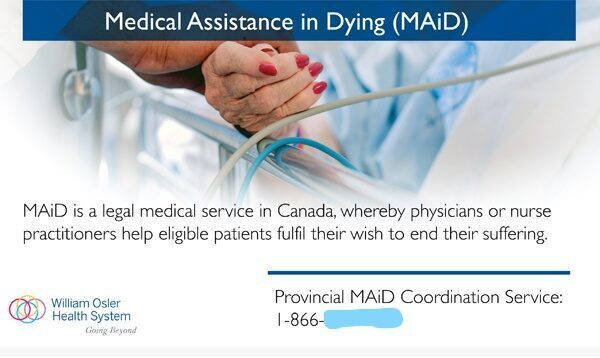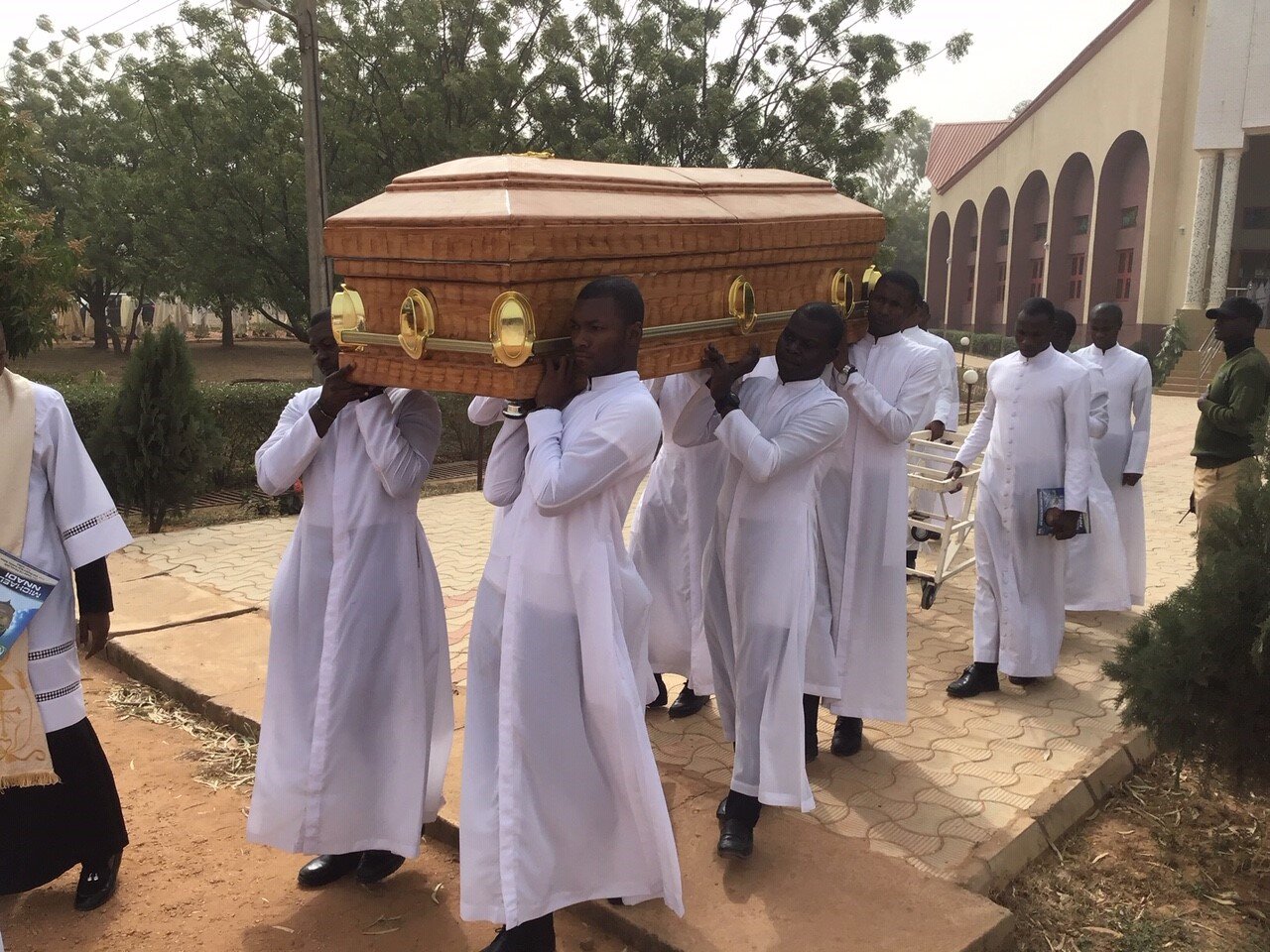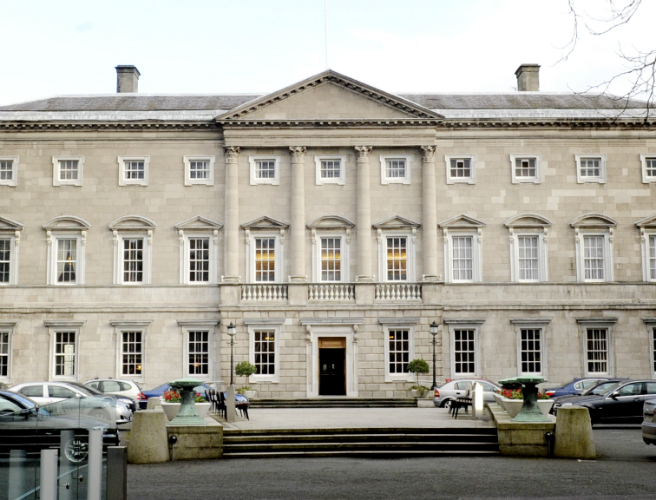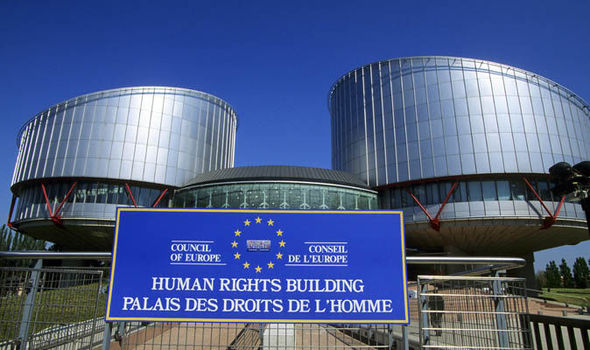A major new report highlights the worsening situation for religious freedom around the world.
The newly released 2023 report by the United States Commission on International Religious Freedom (USCIRF), echoes the concerns of UK-based Release International, that Nigeria and India should be designated countries of particular concern.
Release International said it welcomes the report but urges USCIRF to further investigate the rising tide of violence in Nigeria by Fulani militia, often aimed at Christian communities.
The USCIRF report, ‘sounds the alarm regarding the deterioration of religious freedom conditions in a range of countries.’
It adds five countries to its list of the world’s worst offenders and presses the influential US State Department to declare them countries of particular concern (CPCs).
Those five additional countries are Nigeria, India, Afghanistan, Syria, and Vietnam.
Nations already on the US State Department’s list of CPCs are Burma, China, Cuba, Eritrea, Iran, Nicaragua, North Korea, Pakistan, Russia, Saudi Arabia, Tajikistan, and Turkmenistan.

